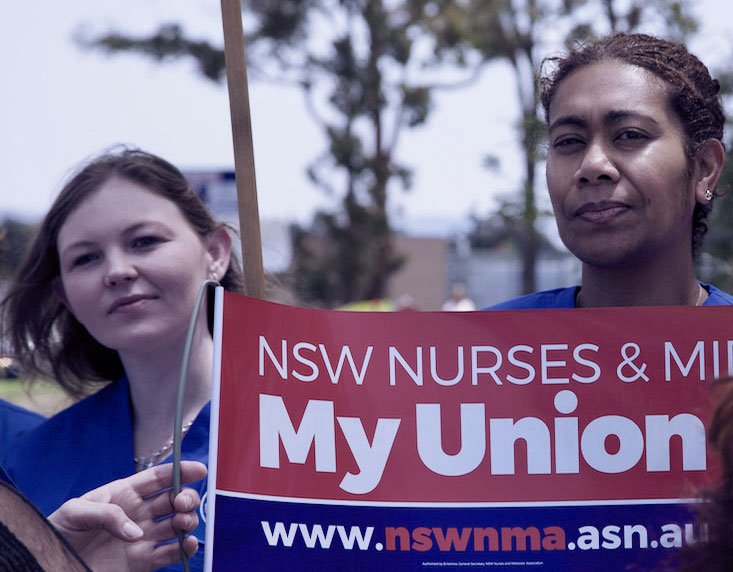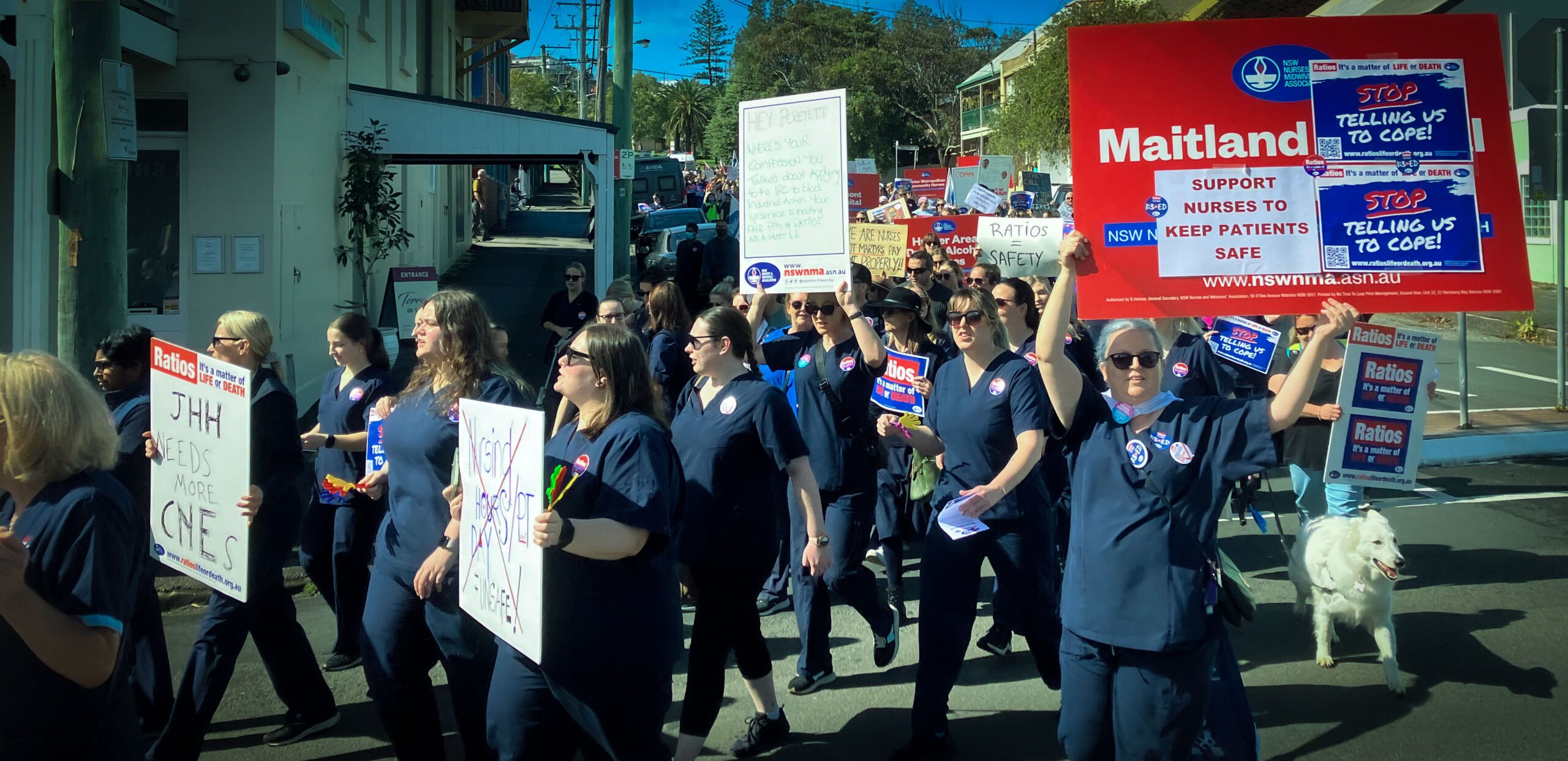The Australian Nursing Federation (ANF) has welcomed the conclusion of the Aged Care Workforce Compact – which will now start delivering an urgently needed $1.2 billion funding injection for Australia’s aged care nursing and care staff.
“As Australia’s largest health union, the ANF commends the Gillard Government, particularly Minister for Ageing Mark Butler and Minister for Employment and Workplace Relations Bill Shorten, on their commitment to tackling the crisis within the aged care sector, significantly the low wages being paid to nurses and care staff,” ANF Federal Secretary, Lee Thomas, said today.
“The Compact will provide a real morale boost to aged care workers and delivers most of what aged care unions had sought throughout Compact negotiations between unions, aged care providers and consumer groups.
“By the end of the Compact in 2016, aged care workers and nursing staff will receive a boost to wages of about $46 a week or $2390 a year for Registered Nurses, $35 per week or $1820 a year for Enrolled Nurses and $29 per week or $1510 a year for personal care workers/Assistants in Nursing (AINs).
“The wage increases delivered through enterprise bargaining is the first time in many years that Federal Government money has been directed straight into aged care workers pockets. It is a fantastic start for aged care workers and the people they care for.”
Aged care nursing and care staff will start receiving wage increases from 1 July this year. To access the Compact increases, an employer must vary the current enterprise agreement or negotiate a new agreement.
“The Government has ensured that a new or varied enterprise agreement must include provisions that every aged care worker receives at least a 1% additional wage increase on top of employer funded increases in each of 2013, 2014 and 2015 and a 0.5% increase in 2016,” Ms Thomas explained.
“The Compact is a crucial first step in improving both the wages and careers of aged care nursing staff and importantly the quality of care for older Australians. “If we are to have enough staff with sufficient skills to care for Australia’s rapidly aging population, then we must provide decent wages and reasonable conditions for nurses and care staff working across the sector.
“Currently 20,000 nurses are urgently required for Australia’s aged care sector – and it’s only getting worse with the recently-released Aged Care Workforce 2012 showing a decline in the number of nurses working in the industry.
“That’s why the ANF is now calling on the Opposition to commit to continuing the Workforce Compact if it wins the Federal Election in September thereby ensuring improved wages for low paid aged care nurses and care staff and quality care for some of the most vulnerable people in our society – Australia’s elderly.”
The ANF, with over 225,000 members, is the professional and industrial voice for nurses, midwives and assistants in nursing in Australia.
The aged care compact – frequently asked questions (FAQs)
Contact details
Brett Holmes
Ph: 02 8595 1234







